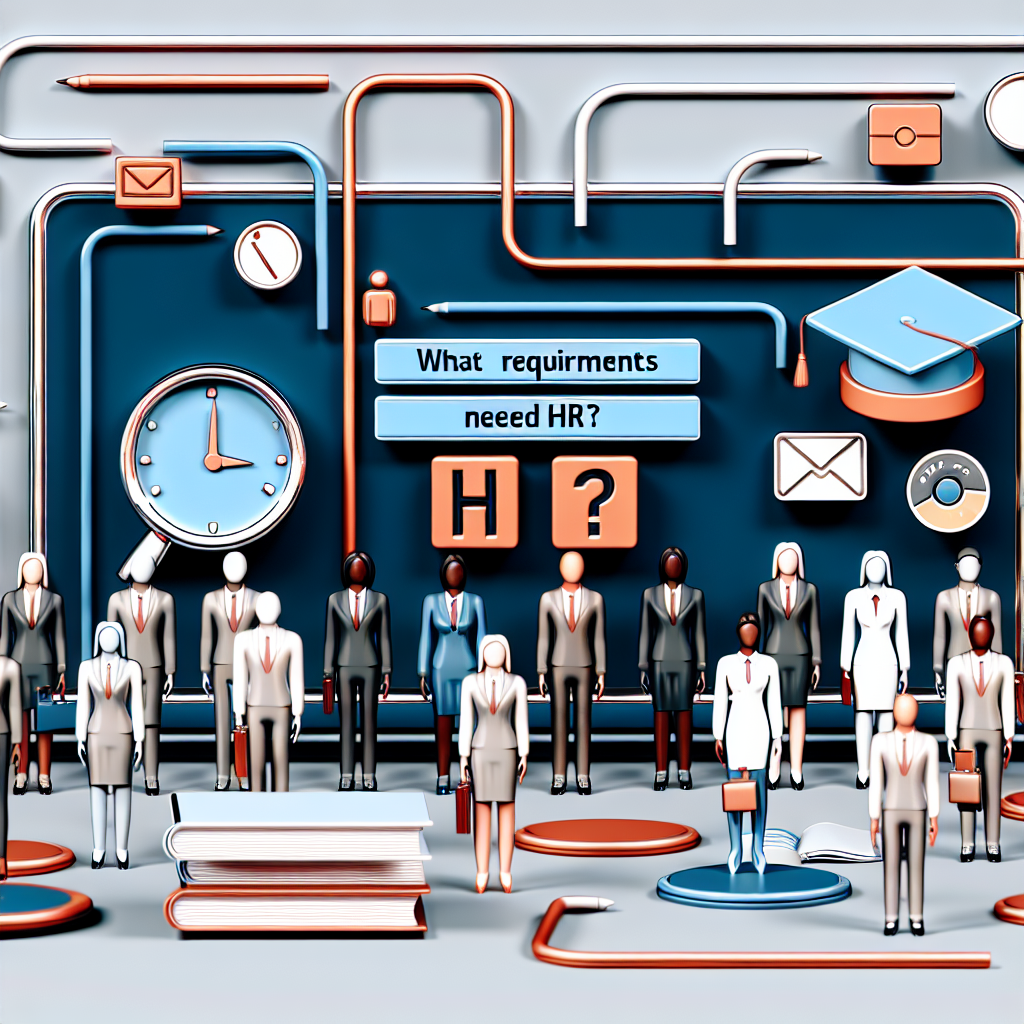
The landscape of Human Resources (HR) in 2024 is marked by continuous evolution, with professionals facing new challenges and opportunities that shape the way organisations operate. This post delves into the significance of HR, the current trends impacting the field, and the key benefits that make an effective HR strategy indispensable to organisational success. As HR professionals, understanding these dynamics is vital for driving employee engagement, satisfaction, and performance.
Significance of HR
HR serves as the backbone of any organisation, overseeing workforce management and significantly influencing talent acquisition, retention, and development. The role of HR transcends administrative functions; it is intrinsically linked to the overall productivity and satisfaction levels within the workplace. According to Dieter Veldsman, HR is uniquely positioned to unite individuals around shared purposes, highlighting its critical role in fostering a positive and productive workplace atmosphere.
Current Trends in HR
As we explore the current trends reshaping HR practices, it’s evident that staying attuned to changes in the workforce dynamics is crucial for professionals in this field.
Changing Labour Market Composition
- The modern workforce is characterised by greater diversity, encompassing various generations with distinct needs and expectations. Understanding and managing this diversity is fundamental for HR.
- A recent survey by Forbes found that while 83% of Gen Z and 84% of Millennials consider flexible working options vital to job satisfaction, only 73% of Gen X and 76% of Baby Boomers share the same sentiment.
Increasing Scarcity of Resources
- Finding qualified talent has become increasingly difficult. A study conducted by Adecco found that 92% of business leaders believe that the current workforce lacks the necessary skills for their respective roles, a challenge expected to intensify in the next five years.
Emerging Technology Advancements
- Technological innovation is transforming HR operations through automation, data analytics, and virtual reality training. For instance, artificial intelligence (AI) is being used in resume screening processes and interview scheduling.
- Nonetheless, HR professionals must remain cautious about the ethical implications and potential lack of confidence surrounding these technologies.
Transforming Work and Employment Relationships
- There is a growing demand for meaningful and purpose-driven work. HR must strive to create an environment that aligns organisational values with employees’ aspirations, fostering a sense of belonging and purpose among staff members.
Key Benefits of HR
Implementing effective HR strategies translates into numerous benefits for organisations. Here are some key areas where HR makes a significant impact:
Employee Retention
- A competitive benefits package is essential for retaining top talent. Research indicates that 69% of employees consider such offerings to be crucial in their decision to remain with an organisation.
Personalised Care and Mental Health Support
- In light of the growing emphasis on mental well-being, many employers are recognising the necessity for personalized care and mental health resources. Over 90% of individuals in the United States believe that employer-sponsored mental health coverage is important.
Cost-Effective Strategies
- Adopting cost-effective measures, such as cost-sharing arrangements, healthcare analytics, and investments in employee wellness, can reduce overall expenses while retaining the significance of benefits within the workforce.
Solutions-Oriented Approach
- HR must commit to a solutions-driven mentality, embracing innovative AI practices responsibly and reskilling employees to meet evolving job requirements.
C-Suite and HR Collaboration
- Successful organisations align the C-suite with HR to ensure that training programmes are clearly defined and that values, processes, and practices are consistently integrated.
Employee Engagement and Feedback
- Ongoing feedback, coupled with real-time analytics and gamified systems, is critical for sustaining employee satisfaction and appreciation. Regular pulse surveys can significantly enhance employee engagement.
Conclusion
As we move through 2024, the evolving requirements of HR underscore the importance of adapting to the changing labour market, addressing skill shortages, leveraging technological advancements, and enhancing employment relationships. The benefits stemming from effective HR practices—ranging from employee retention to personalised mental health support—are invaluable for cultivating a dynamic, engaged, and productive workforce. HR professionals must remain vigilant in recognising these trends and benefits, equipping themselves to foster both employee satisfaction and organisational success.
For further insights on employee benefits trends, visit TriNet Insights. To delve into HR megatrends, explore HR Executive. Discover additional insights for 2024 by visiting Hub Engage, or check SHRM for more related trends. Finally, for an in-depth look at the 11 HR trends shaping the workplace, visit AIHR.
Vadim Kouznetsov is a distinguished entrepreneur and the visionary founder and CEO of JobXDubai.com, the UAE’s rapidly expanding job board. Renowned for his expertise in bridging the gap between job seekers and employment opportunities, Vadim has become a leading authority in the recruitment and job market of Dubai.
